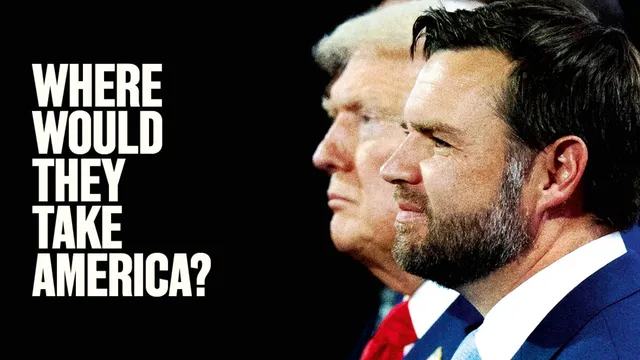
Investor Concerns Over Brazil's Fiscal Stability Under Lula's Leadership
2024-07-18 00:00- Investors are increasingly anxious about Brazil's growing deficits and debt as President Lula's government navigates economic challenges.
- The situation raises questions about fiscal responsibility and potential impacts on both local and international markets.
- If these financial concerns continue, they may hinder economic growth and stability in Brazil.
Express your sentiment!
Insights
The São Paulo stock market experienced a significant decline of 10% from January to mid-June, contrasting sharply with the performance of other emerging markets. This downturn has been attributed to investor skepticism regarding President Luiz Inácio Lula da Silva's commitment to maintaining responsible fiscal and monetary policies. Concerns have also been raised about his inclination towards a larger state role in the economy, which has further fueled uncertainty among investors. In a bid to address these concerns, both Lula and his wife, Rosângela “Janja” da Silva, have publicly supported Finance Minister Fernando Haddad's initiatives aimed at reducing the fiscal deficit. Their endorsement appears to have positively influenced market sentiment, as evidenced by a recent uptick in the Brazilian real, which has appreciated approximately 5% from its low earlier this month. Additionally, the stock market has shown signs of recovery, reflecting a cautious optimism among investors. The article highlights the broader implications of Lula's economic policies, suggesting that the administration's approach will be closely scrutinized moving forward. The political landscape in Brazil remains complex, with Lula's past and present decisions likely to shape investor confidence in the long term. In related news, the Americas region continues to grapple with various political and economic challenges, including Nicolás Maduro's controversial election claims in Venezuela and the struggles of smaller dollarized economies. These developments underscore the interconnectedness of regional markets and the ongoing volatility in Latin America.
Contexts
Brazil's current economic situation is marked by rising deficits and debt levels, leading to investor concerns about stability under President Lula's leadership. Amid these financial challenges, a notable initiative was proposed on July 28, 2024, by Brazil's climate chief, aiming to levy a 2% tax on around 100 super-rich families to raise $250 billion for climate action. This proposal seeks to secure essential funding for environmental sustainability, highlighting the role of the ultra-wealthy in combating climate change. Additionally, on July 25, 2024, a Brazilian federal court halted a highway project connecting Manaus, prioritizing climate protection over transportation development. The same day, the region faced economic pressure from a strong dollar impacting small dollarized economies, emphasizing the need for reform. On July 24, 2024, President Lula launched a global alliance in Rio de Janeiro to address hunger and poverty, demonstrating Brazil's commitment to tackle worldwide challenges. Furthermore, on July 23, 2024, Brazil's Forest Service outlined plans for selective logging in the Amazon to counter illegal deforestation while balancing environmental conservation efforts. Overall, these events reflect a complex interplay of economic and environmental priorities as Brazil navigates through its financial landscape.